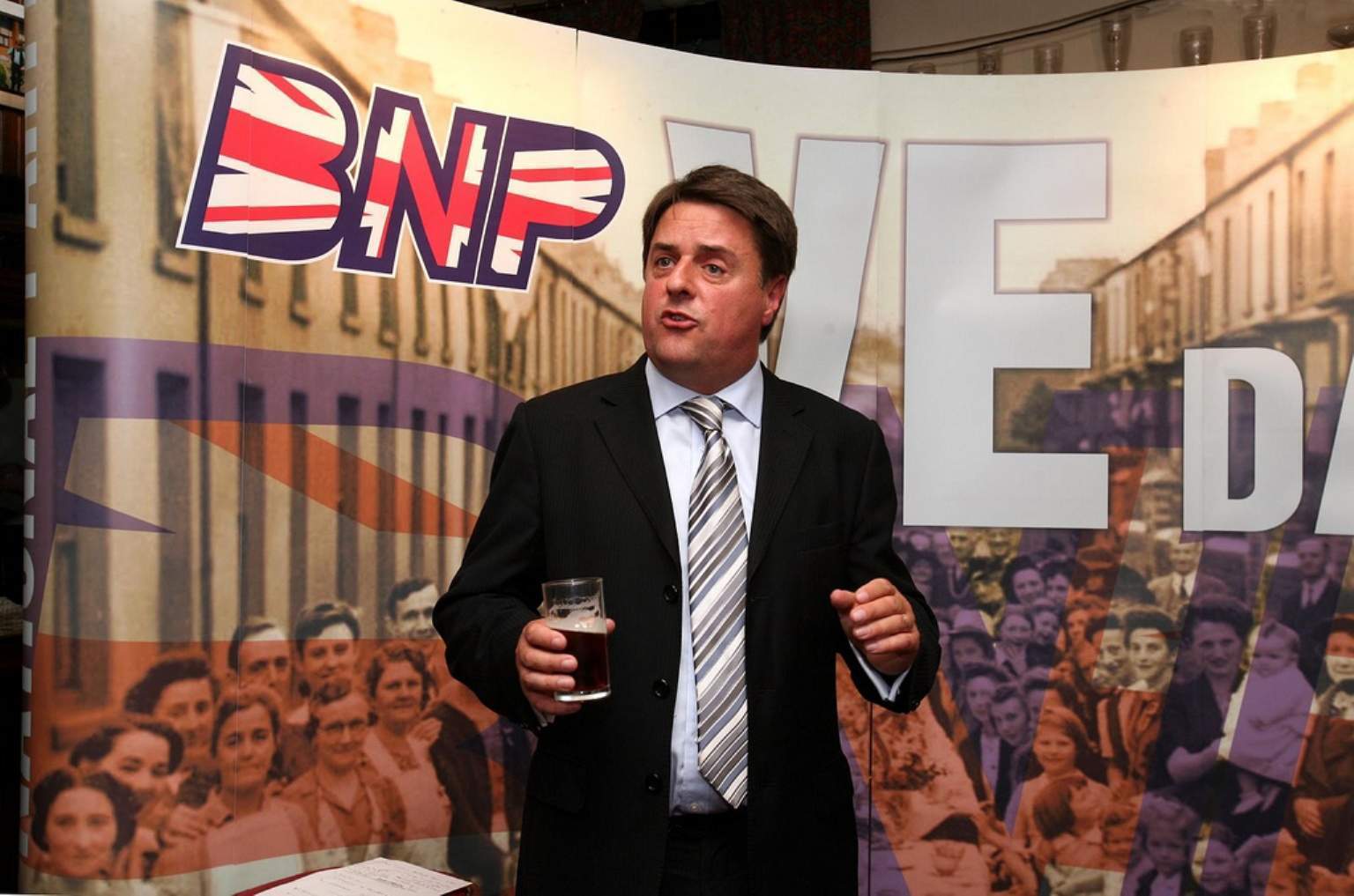
The British National Party no longer exists as an official political party. The Electoral Commission has removed the far-right nationalist party from its register.
The BNP failed to confirm its registration details with the Commission, which is something all political parties are required to do annually by law:


